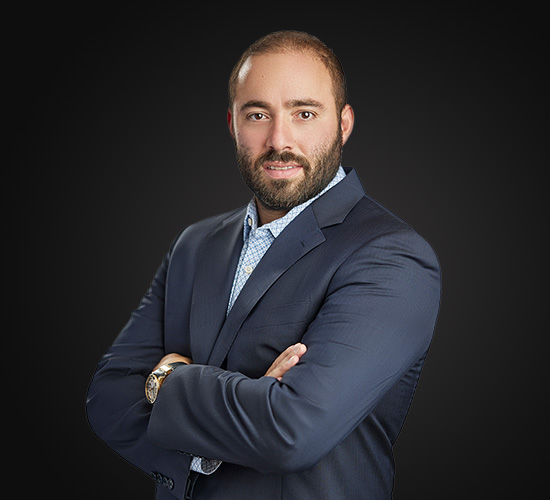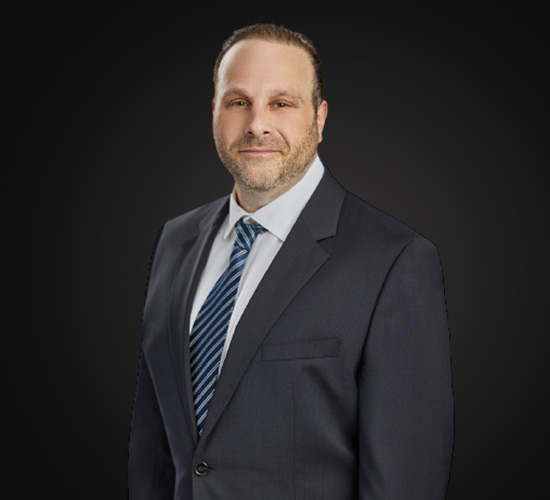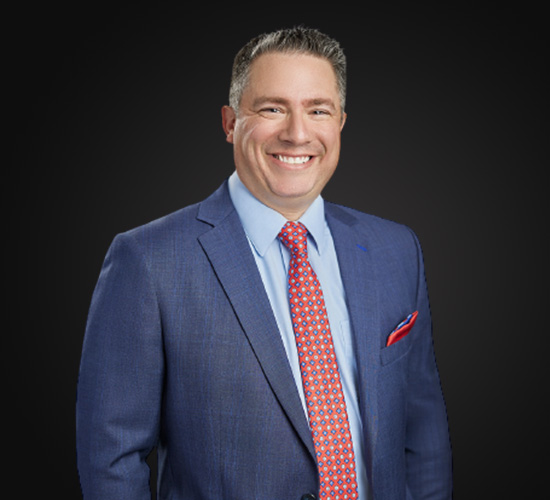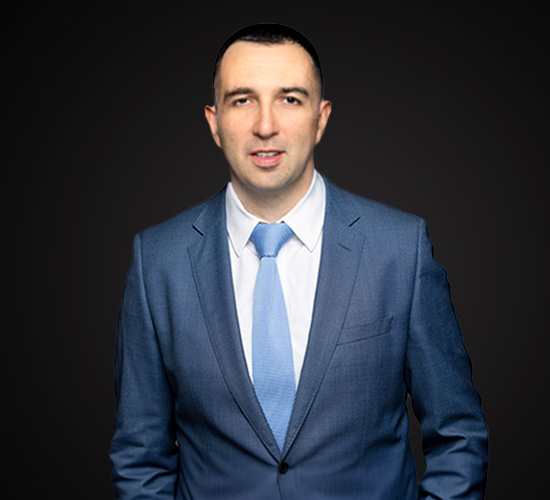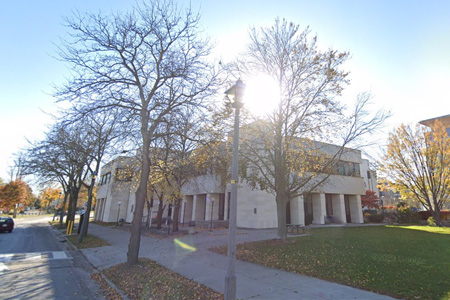KPC Personal Injury Law Firm
GET THE HIGHEST COMPENSATION FOR YOUR INJURIES
KPC Personal Injury Law Firm, a proud member of BARAPP Law Alliance, is home to your best choice in personal injury lawyers in Niagara Falls, Orangeville and Alliston. Our expert skill and success at handling a wide range of personal injury claims, combined with our friendly, client-focused approach, are what set us above other Southern Ontario personal injury law firms. We have a powerful track record of winning cases involving car, motorcycle and pedestrian accidents, slip and fall accidents, dog bite incidents, traumatic brain and spinal cord injuries, orthopaedic injuries and public transit accidents. At KPC Law, we provide support to our clients anytime, a dedicated case manager to every personal injury victim, and we charge NO fees until we win your case.

Maximum Cash Settlements
No Win, No Fee
24/7 Hot-Line
Free Consultation
Home & Hospital Visits
Proven Track Record
We offer a free initial consultation (available to you anytime 24/7), free case reviews, your own dedicated case manager, and we work on a contingency fee basis so you don’t pay anything until we win your case. Call your local KPC Law office or fill out our online form today.
Personal Injury Law Practice Areas

Frequently Asked Questions:
KPC Answers

You may find yourself overwhelmed with a great number of questions and concerns in your fight for justice as an injury victim in Southern Ontario. At KPC Law Firm, we provide answers to your questions in the most straightforward manner. Our “FAQ Section” provides valuable insight and information regarding common queries about Southern Ontario personal injury claims. You’ll also learn how our expert Ontario personal injury lawyers support you during your journey toward justice and healing. This reflects our unwavering commitment to transparency as you remain well-informed at every step of the way.
Niagara Falls, Orangeville and Alliston have a diverse population that faces various risks resulting in personal injuries. These incidents include car accidents, slip and fall accidents, dog bites, and workplace accidents. Some of the most common injuries suffered by individuals in these areas are fractures, soft tissue injuries, traumatic brain injuries, spinal cord injuries and psychological trauma.
Navigating the legal system to gain compensation for a personal injury can be complicated. That’s why it’s crucial to have expert personal injury lawyers on your side. At KPC Law, we are here to help. Our team of Ontario personal injury lawyers has extensive knowledge in handling complex cases and is dedicated to supporting victims throughout the entire legal process.
If you’ve experienced an injury in Niagara Falls, Orangeville, Alliston, or the surrounding areas, it’s crucial to obtain skilled legal counsel. KPC Law stands out here as a beacon of hope and expertise. Our skilled team of personal injury lawyers extends a free consultation to discuss your personal injury case, ensuring you understand your rights and options.
Don’t hesitate to reach out to our expert personal injury lawyers for your free consultation. We understand the challenges you’re facing, and we are here to provide the support and guidance you need to navigate the legal process successfully. Contact our law offices in Niagara Falls, Orangeville or Alliston today to schedule your consultation and take the first step toward obtaining the compensation you deserve.
Absolutely. KPC Law’s “contingency fee” method works by providing legal representation to personal injury victims without requiring upfront payment. Instead, our law firm agrees to be paid a percentage of the compensation awarded when the case is successful. This means that clients do not have to worry about paying legal fees out of pocket while dealing with the financial aftermath of a personal injury.
Choosing KPC Law as your personal injury lawyer means gaining access to a team with decades of experience handling complex cases. Our track record of success and dedication to fighting for clients’ rights make us an excellent choice for individuals in Niagara Falls, Orangeville and Alliston who are seeking fair compensation for their injuries.
KPC Law’s dedicated case managers play a crucial role in supporting our clients in Niagara Falls, Orangeville and Alliston throughout their personal injury cases. Your case manager serves as the primary point of contact, providing guidance, answering questions and addressing concerns. They work closely with our legal team to ensure that all necessary documents are gathered, deadlines are met, and your case progresses smoothly.
Additionally, your case manager helps to coordinate medical appointments, gather evidence, and communicate with insurance companies on your behalf. Their goal is to provide personalized support and ensure your needs are met every step of the way.
Southern Ontario Personal Injury Lawyers
At KPC Law Firm, you’ll soon see why our expert team of Southern Ontario personal injury lawyers achieves consistent legal success on behalf of accident victims. All our legal professionals possess a great wealth of legal experience and a relentless commitment to fighting successfully for the rights of injury victims. With a powerful blend of skill and knowledge, our personal injury lawyers in Niagara Falls, Orangeville and Alliston stand ready to guide you throughout every step of your legal journey. Call our Ontario law offices or fill out our online form today for your free personal injury case consultation.

Results That Count
Complex case involving spinal injury resulting in gastrointestinal complications.
Pedestrian suffering traumatic brain injury
and inability to work.
Fractured clavicle, psychological trauma and head injury.
$1.5 million dollar settlement attained in a hit and run incident.
What Is KPC Law’s Track Record of Handling Personal Injury Cases?
KPC Law, renowned as your best personal injury lawyers in Niagara Falls, Orangeville, and Alliston, is the trusted ally you need for this journey. We don’t just offer legal representation; we extend a helping hand, a compassionate ear, and relentless advocacy.
Our legal team, armed with expertise and a successful and powerful track record, fights tirelessly for our clients’ rights. We have consistently:
- Secured substantial settlements for numerous clients
- Provided expertise across a broad spectrum of personal injury cases
- Delivered an unwavering commitment to our clients’ well-being
Choosing KPC Law is your first step toward justice and fair compensation. Allow us to guide you through this complex process. Reach out today, because it’s not just about winning the case; it’s about reclaiming your life post-injury. It’s your right to seek justice and fair compensation for your personal injuries, and with KPC Law by your side, rest assured you’re in the most capable hands. Call our personal injury law offices or complete our online form now.
Our Southern Ontario Consultation Offices
KPC Personal Injury Law Firm is your best choice for Southern Ontario personal injury lawyers, located in key locations to serve you anytime conveniently. Our elite personal injury lawyers are ready to fight for your rights in Niagara Falls, Orangeville and Alliston, where our legal services are accessible to everyone suffering an injury through negligence. At each of our Southern Ontario personal injury law offices, we provide the best legal guidance and support available to achieve the full justice and compensation you deserve. At KPC Law, we’re committed to making your journey through the legal process straightforward and successful. Just call one of our Niagara Falls, Orangeville or Alliston law offices or complete our online form right now.
